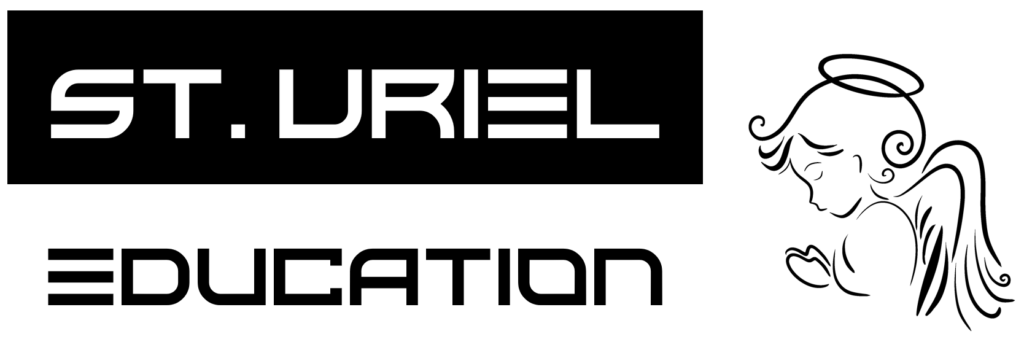Image Source
There are many uses for technology today that improve our society and the way we live our lives, but one form of tech having a particularly significant impact is ed-tech. When kids are younger, they are more receptive to learning new things and skills that will affect them as they get older and enter society as an adult.
Educational technologies enable children to learn things on a whole new level, broadening their minds and their capabilities. The practical applications alone make ed-tech a highly valuable tool in the classroom setting, but these technologies also can enhance kids’ skills as well as their emotional and cultural awareness and intelligence, which can better prepare them for real-world situations and scenarios.
Real-World Skills Kids Can Gain from Using Ed-Tech
Educational technologies open up new avenues for all learners, no matter their age. But the use of ed-tech with younger children is especially important as it can help better prepare them for the real world. In the past, graduates have often complained that while it was useful to learn practical skills in their younger years, they lacked the education they needed to prepare them for more realistic real-world situations.
Ed-tech is now making it more possible for students to improve both their basic skills as well as more advanced skills that are necessary to have success in today’s society. Being a functioning adult isn’t just about knowing how to read and write and perform basic math, but it’s about having the intelligence and awareness to handle certain situations as well. Financial literacy, emotional intelligence, cultural awareness, and stress management are all among the things that are essential skills to have and are surprising—or perhaps not so surprising—benefits of having access to educational tech at a young age.
Financial Literacy
Many adults today admit to not having had access to quality financial education when they were younger, resulting in poor financial literacy. And in many situations, this was often because educators simply didn’t have the tools necessary to properly educate children about finances. However, students today are learning to become much more financially literate with the help of educational technologies. There are numerous applications and tools available that enable kids to better understand money and money management.
Emotional Intelligence
Emotional intelligence is an important skill for children to develop as it can help them become healthy communicators, but it can also help them better manage their emotions and stressful situations. While having one-on-one conversations with kids about their emotions and how to identify and manage them is important, many educational applications and tools are available to help teach children to better understand and manage their emotions as well.
Having a high emotional intelligence is not only useful as they get older and find themselves in stressful situations as an adult, but it can also help kids cope with scary or anxiety-inducing situations while they are still young. Visits to the doctor or the dentist, for example, can be very frightening and difficult for some children. By using certain educational technologies, parents and educators can help students learn to better cope with these scenarios.
Cultural Awareness
Some educational technologies, like virtual reality (VR), can even help kids become more culturally aware and empathetic. The more kids know and understand about the world, the more kind, open, and accepting they are. Ed-tech like VR enables students to explore other countries and cultures without leaving home or the classroom. This allows them to learn about people and places different from them that they might not otherwise have access to, which improves their ability to empathize with and respect others.
Higher Education and Career Preparedness
Ed-tech is also important in grades K–12 to help prepare them for higher education and future careers. By the time students reach college or enter the real world as adults seeking a professional career, they are generally expected to have a high level of experience with technology and testing. The educational technologies used in the elementary, middle school, and high school settings can better prepare them for the advanced testing and exams they will face both in college and to acquire certain careers such as those in law and the postal industry.
Wrapping Up
In many ways, today’s educational technologies are only on the cusp of what we will likely see in the next few years. As technology rapidly advances, the tools, applications, and systems that will become available to students and educators can completely change the classroom setting and how kids learn. As these technologies emerge, it’s important to use them to help students advance their skills, not only for their wellbeing and success but also to enable them to create a better and brighter future for generations to come.
